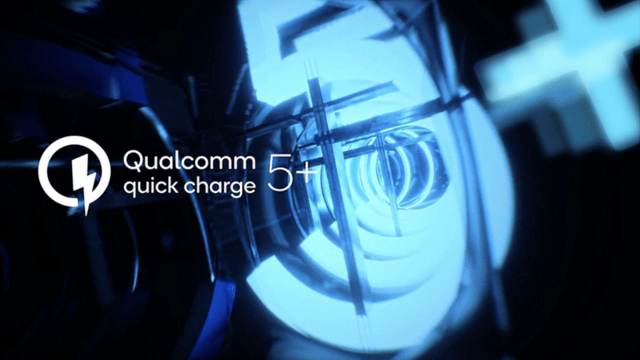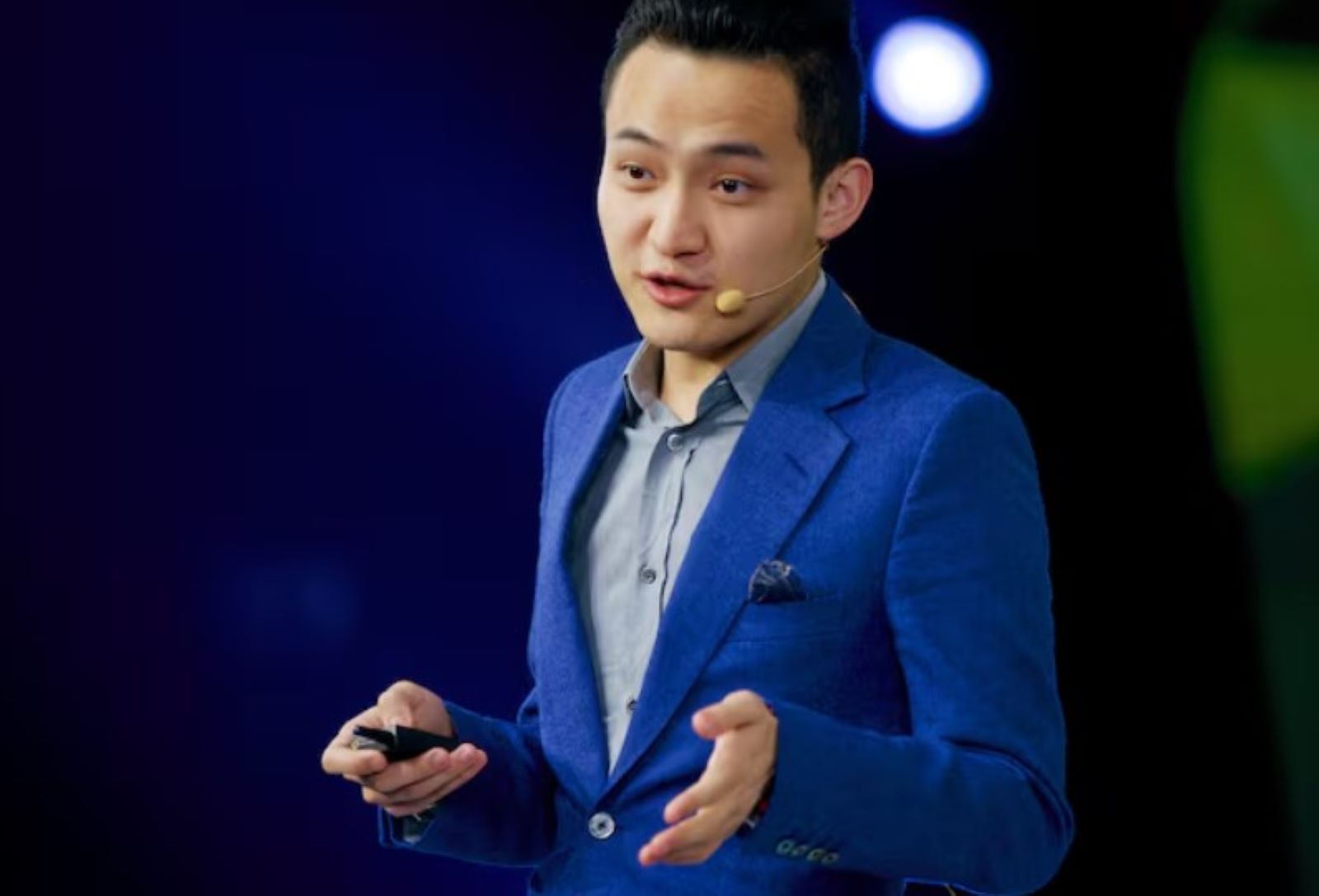In a significant stride towards the future of computing, China has unveiled its latest quantum computer prototype, Jiuzhang 3.0. This groundbreaking development not only reinforces China’s position as a global leader in quantum computer research and development but also showcases the nation’s commitment to pushing the boundaries of technology and innovation.
Key Highlights:
- Successful development of Jiuzhang 3.0, utilizing 255 detected photons.
- Achieves a computational speed 10 quadrillion times faster in solving Gaussian Boson Sampling (GBS) problems than the world’s fastest supercomputers.
- Collaboration between the University of Science and Technology of China, the Shanghai Institute of Microsystem and Information Technology, and the National Parallel Computer Engineering Technology Research Center.
- Jiuzhang 3.0’s processing speed for Gaussian Boson Sampling is one million times faster than its predecessor, Jiuzhang 2.0.
- The prototype is currently used for graph theory-related calculations and will be expanded to material design in the future.

A Quantum Feat
The Jiuzhang 3.0 quantum computer prototype is a testament to China’s prowess in the realm of quantum computing. Developed by a team of esteemed quantum physicists, including Pan Jianwei and Lu Chaoyang, this prototype is designed to tackle highly complex calculations, leaving simpler tasks to conventional computers.
Beyond Conventional Computing
Quantum computing, by its very nature, is designed to handle intricate calculations that are beyond the scope of traditional computers. The Jiuzhang 3.0, in particular, has been optimized for graph theory-related problems. In the future, its applications will extend to the domain of material design, further broadening its utility.
The Road Ahead
The development of quantum computers remains one of the most challenging frontiers in global technology. However, with the unveiling of Jiuzhang 3.0, scalable quantum control technology has been established, laying the groundwork for the creation of fault-tolerant universal quantum computers. As per experts, the realization of universal quantum computers is anticipated within the next 10-15 years.
Conclusion
China’s unveiling of the Jiuzhang 3.0 quantum computer prototype marks a pivotal moment in the journey towards advanced computational capabilities. This development not only underscores China’s leadership in the quantum computing arena but also hints at the transformative potential of quantum technology in reshaping the future of computing. As the world watches with keen interest, it is evident that the realm of quantum computing is poised for monumental advancements in the years to come.







Add Comment